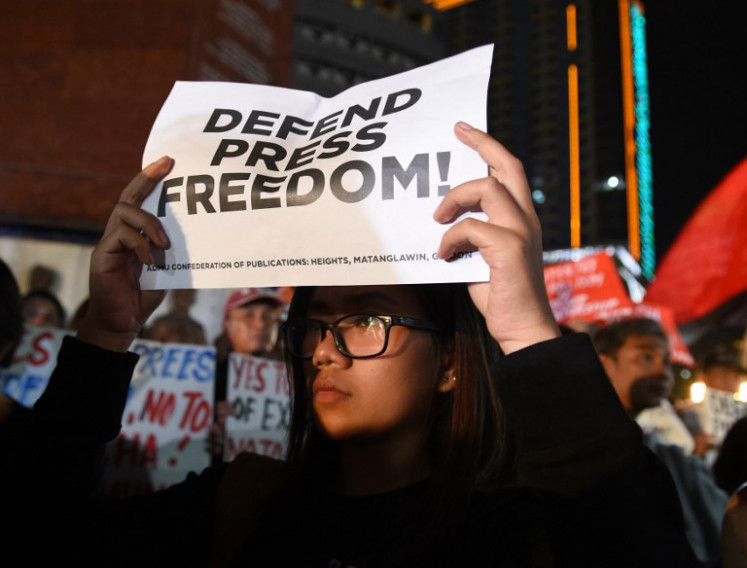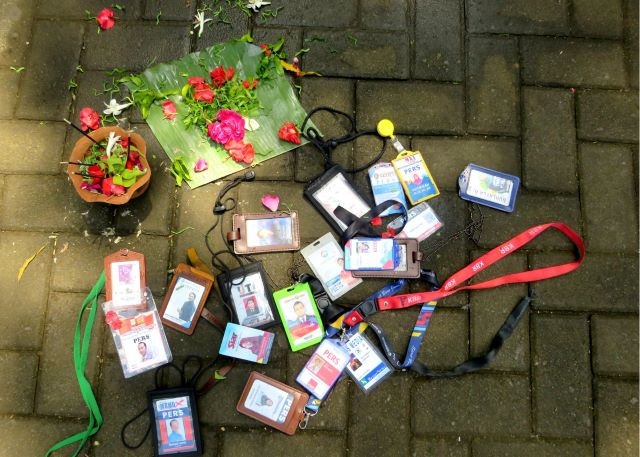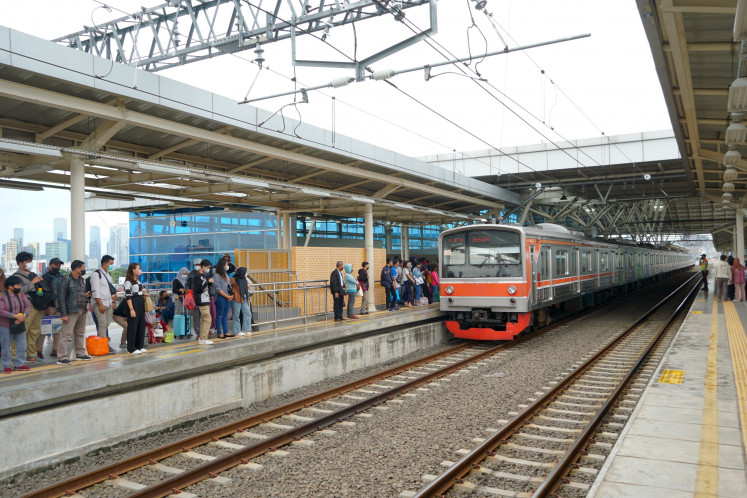Seeking RI figure for ASEAN rights body
The process of selecting Indonesia’s representative to the regional human rights body is ongoing
Change Size

T
he process of selecting Indonesia’s representative to the regional human rights body is ongoing. Unfortunately, many will roll their eyes at the mere mention of the ASEAN Intergovernmental Commission on Human Rights (AICHR). The commission has, often rightly, been criticized for being ineffective and unable to stand up to governments. But the AICHR has actually had more impact than it has been given credit for, often due to behind-the-scenes work of its representatives. Indonesia should seize this important moment not to just reflect on its role in ASEAN cooperation on human rights, but also to ensure that it selects a representative that can genuinely advance its rights agenda across the region.
Indonesia has been among those progressive ASEAN member states that have contributed to increasing regional acceptance of human rights and their incorporation into the frameworks of the regional body, notably the ASEAN Charter and Declaration of ASEAN Concord II (Bali Concord II). The drafting history of the charter also shows that Indonesia was among the countries championing the inclusion of human rights.
Since the establishment of the AICHR in 2009, Indonesia has continued to play a leading role in its directions and operational procedures. Indonesia has led and institutionalized key activities of AICHR, including the mainstreaming of human rights into the works of key stakeholders, as well as institutionalizing the commission’s engagements with various actors.
Indonesia has undertaken several thematic regional activities, including on human trafficking, migration, sustainable development goals and human rights as well as the freedom of expression.
As an overarching institution to promote and protect human rights in the region, the AICHR remains a strategic avenue for Indonesia to move the regional human rights agenda forward. The commission has been subject to criticism in light of its intergovernmental setting, which strictly upholds ASEAN’s non-interference and consensus principles, as well as its inability to exercise its protective mandate and to act upon rights violations in the region. Still, the strength of its representatives is the body’s key asset in protecting human rights in Southeast Asia.
The trust-building and collegial nature of former and current commissioners has undoubtedly increased some ASEAN member states’ acceptance of human rights. The relentless and creative maneuvering of some progressive former and current representatives, notably from Indonesia, Malaysia, the Philippines and Thailand, has also gradually furthered cooperation on human rights among the 10 very different nations.
For example, it is encouraging to learn that the topic of torture has finally made it to the commission’s agenda. Further, the proposal for a robust reform of AICHR’s five-year work plan, put forward by Indonesia under Rafendi Djamin back in 2015, may have also been rejected, but all member states have nevertheless contributed to the implementation of the ASEAN Human Rights Declaration and the commission’s programs and activities.
The AICHR is composed of state-appointed individuals of diverse backgrounds. They include individuals with strong experience in advocacy and human rights protection.
These individuals have employed a number of ways, means and strategies to advocate for better exercise of the commission’s protective mandate. Another former representative has experience in negotiating human rights standards at United Nations forums and has played a notable role in defending the inclusion of human rights in the ASEAN Charter. Other former and current representatives, despite the scrutiny they are subject to at the national level in their country, have also shown commitment to ensuring their countries’ participation in and contribution to the work of the commission.
Indonesia should sustain its crucial role in advancing human rights cooperation in the region and recognize the vital role of the AICHR representatives. Thus, it is critical for Indonesia to ensure that its representative possesses a number of key qualities.
He or she should demonstrate sufficient understanding and acceptance of international human rights law, as a guarantee that the representative will uphold the universally accepted standards in each and every approach and policy. In addition, the representative needs to have proven involvement in human rights advocacy and possess good relations with civil society organizations and other stakeholders to ensure broader representation of people’s aspirations and thorough consultation of the decision-making process.
Last but not least, the representative should be able to work constructively from within the ASEAN system and to creatively, if not tirelessly, utilize his or her “regional hat” to move the regional human rights agenda
forward.
Indonesia has been a key actor in advancing human rights in ASEAN for many years. Now it is up to Jakarta to pick an AICHR Representative that can ensure this legacy continues.
_______________________
The writer wrote her Master of Laws thesis on the ASEAN Intergovernmental Commission on Human Rights at the Leiden School of Law. She previously worked with the human rights division of the ASEAN Secretariat and is handling a joint project of the National Democratic Institute and the ASEAN Parliamentarians for Human Rights on freedom of religion or belief. This article represents her personal opinion.









